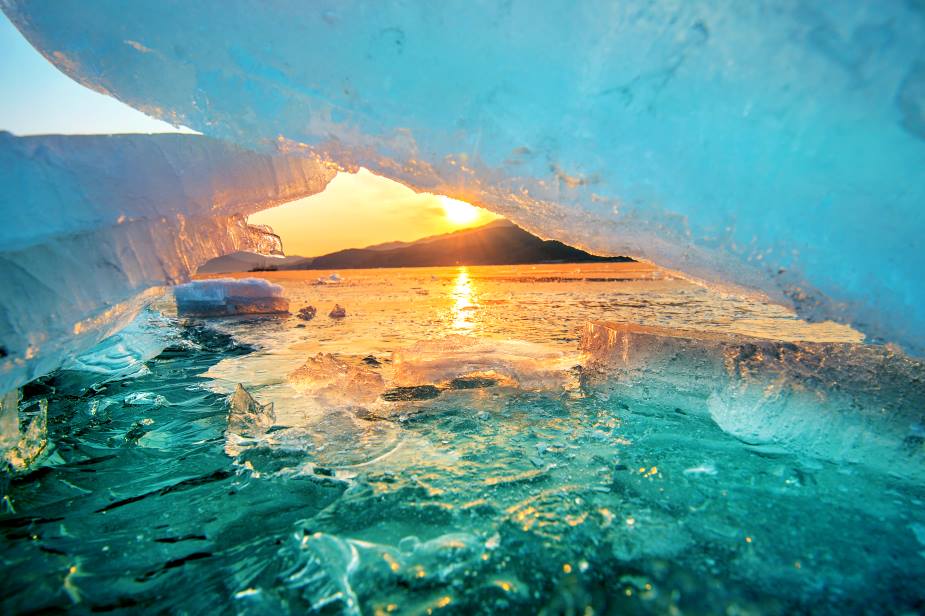A new climate forecasting project aims to provide early warnings of ice-free Arctic summers, a phenomenon that could emerge as soon as the 2030s and trigger severe weather far beyond the polar region.

Launched under the name IcyAlert, the initiative brings together research teams from Denmark and Belgium to build an advanced prediction model combining artificial intelligence, climate simulation, and causal analysis. The goal is to pinpoint when the Arctic will lose its summer sea ice, and to assess the broader consequences for global weather, ecosystems, and human systems.
“IcyAlert is designed to deliver knowledge and early warnings that society can act on,” said Tian Tian, project lead and climate researcher at the Danish Meteorological Institute (DMI). She emphasized that the loss of sea ice is not just a local concern: “Its disappearance can amplify global climate feedbacks, disrupt atmospheric circulation, and influence extreme weather far beyond the Arctic.”
The Novo Nordisk Foundation is funding the project with DKK 39.5 million (USD 5.7 million). Alongside DMI, the collaboration includes researchers from DTU Compute and the Royal Meteorological Institute of Belgium (RMI). The new system will eventually provide seasonal and long-term forecasts, trained on the AI supercomputer Gefion, with the first warning products expected by 2028.
Sea ice acts as a reflective shield. As it melts, darker ocean surfaces absorb more sunlight, accelerating Arctic warming – currently occurring at up to four times the global average. Though melting sea ice does not directly raise sea levels, it can intensify warming and contribute to more extreme weather patterns, including heatwaves, droughts, storms, and heavy rainfall across Europe and beyond.
DMI’s Deputy Director Ulrik Smith Korsholm said the potential loss of summer sea ice has “significant implications for security policy, international shipping routes, wildlife, and the climate.”
In the long term, the tool may be integrated into emergency response and planning systems. While initially designed for scientific and policy use, it will eventually be accessible on standard computers.
Lene Oddershede, Chief Scientific Officer for Planetary Science & Technology at Novo Nordisk Foundation, called the project “a major step forward” in applying AI to climate research. “Predicting precisely when the Arctic becomes ice-free in summer is difficult due to the complex interplay between sea ice, ocean, and atmosphere. But IcyAlert brings us closer to better strategies for mitigating the effects of global warming.”
Article Source:
Press Release/Material by DMI
Featured image credit: tawatchai07 | Freepik




